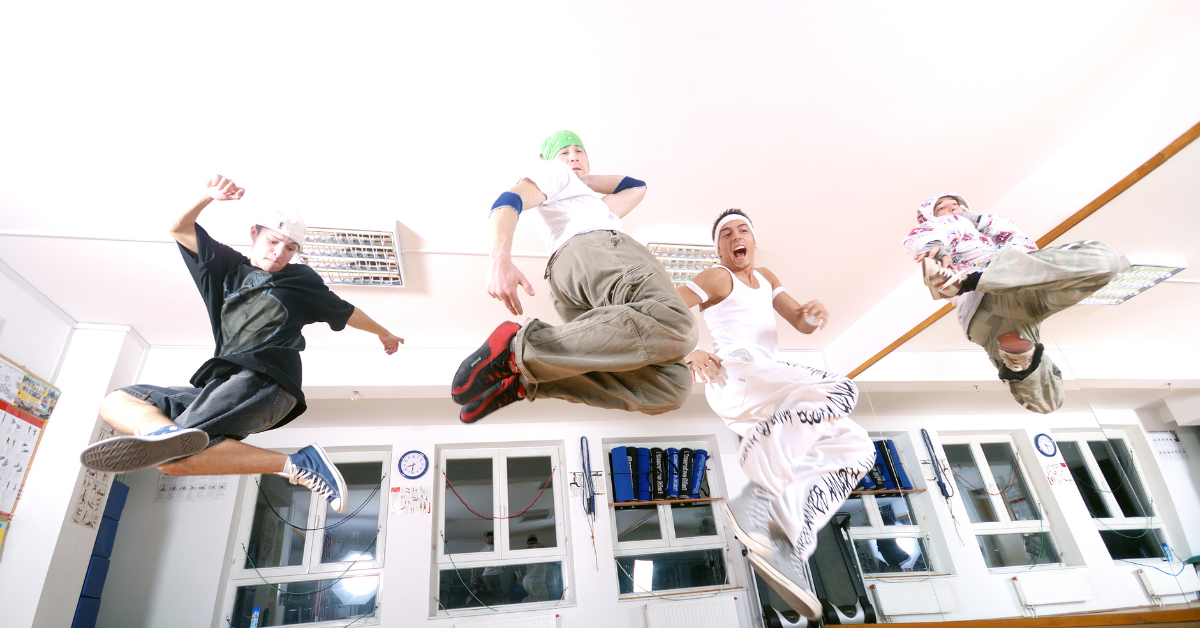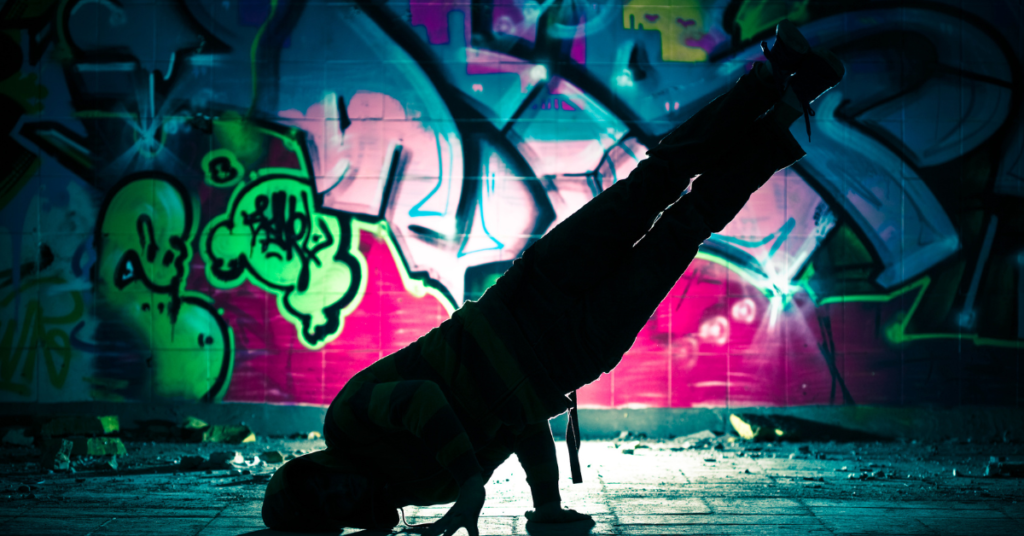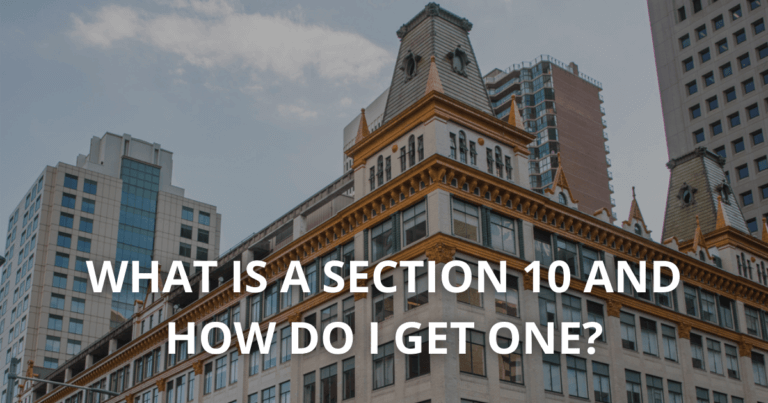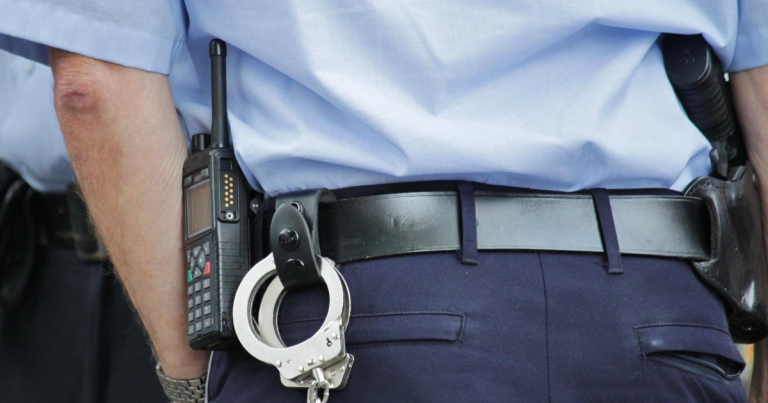Controversy around Australian breakdancer Rachael “Raygun” Gunn at the Paris Olympics has escalated quickly. The Raygun defamation topic has sparked some interesting questions.
It all started with an anonymous online petition against RayGun. However, the Australian Olympic Committee (AOC) has condemned this petition. They called it “vexatious, misleading, and defamatory.” The petition, which has over 50,000 signatures, demands that Gunn and Australia’s Olympic chef de mission, Anna Meares, apologize. Additionally, the petition accuses them of manipulating public perception and undermining other athletes.
Read our successful defamation cases.
Background of the Raygun defamation Controversy
Rachael Gunn, a university lecturer and breakdancer, faced intense backlash after her Olympic performance. She scored zero points, leading critics to accuse her of not deserving her spot on the Olympic team. Some even suggested the selection process was biased in her favour.
However, the AOC has rejected these claims. They insist Gunn was selected through a transparent and independent process. This process was overseen by the:
- World DanceSport Federation (WDSF) and the
- International Olympic Committee (IOC).
AOC’s Response on the Raygun defamation controversy
Matt Carroll, CEO of the AOC, has strongly defended Gunn. He stated the petition also contains falsehoods designed to incite hatred against her. Carroll emphasized that no athlete should endure such treatment. He also labelled the petition as bullying and harassment.
The AOC has formally requested that the petition be removed from change.org. They believe the petition spreads false information about Gunn, potentially harming her reputation.
Public Reaction to the Raygun Defamation drama
The public response has been mixed. Some people support Gunn and criticize the backlash. Others continue to demand accountability and an investigation into her Olympic selection. Gunn has described the experience as “devastating.”
She urged critics to stop harassing her and her family. This situation highlights issues with athlete representation, public perception, and the impact of defamation in the digital age.

What is defamation in Australia?
To win a defamation claim in Australia, the plaintiff must prove four things:
1. Publication: The statement was communicated to at least one other person.
2. Identification: The statement refers to the plaintiff, directly or indirectly.
3. Defamatory Nature: The statement harms the plaintiff’s reputation, lowers their standing, or exposes them to ridicule.
4. Serious Harm: The plaintiff must prove the publication caused or is likely to cause serious harm. This requirement was strengthened by amendments in 2021.
Legal Implications of Defamation
In Australia, defamation law protects individuals from false statements that harm their reputation. For a statement to be defamatory, it must meet certain criteria.
For example, it must be:
- Published to a third party,
- Refer to the plaintiff,
- and cause serious harm to the plaintiff’s reputation.
Therefore, the AOC argues that on the above grounds, the petition spreads false information about Gunn. They also believe this could damage her reputation significantly.
Defences to Defamation
There are several defences to defamation claims, including:
– Justification: Proving the statement is true.
– Absolute Privilege: Statements made in certain contexts, like parliamentary proceedings, are immune from defamation claims.
– Qualified Privilege: Statements made where the recipient has a legitimate interest in the information.
– Honest Opinion: The statement is an opinion based on true facts and relates to a matter of public interest.
– Innocent Dissemination: The publisher was unaware of the defamatory nature and had no reason to suspect it was defamatory.
Conclusion of the Raygun Defamation Controversy
The controversy around Rachael Gunn and the AOC’s response highlights the complexities of defamation law in Australia. While the AOC believes the petition against Gunn meets the criteria for defamation, the law in Australia also tries to balance protecting reputations with the right to free speech.
Defamation lawyer
If you or someone you know needs a defamation lawyer, get in touch with our defamation lawyers today. To get in touch, please call (02) 9261 4281, or email . We can help arrange a free, confidential consultation for you.





